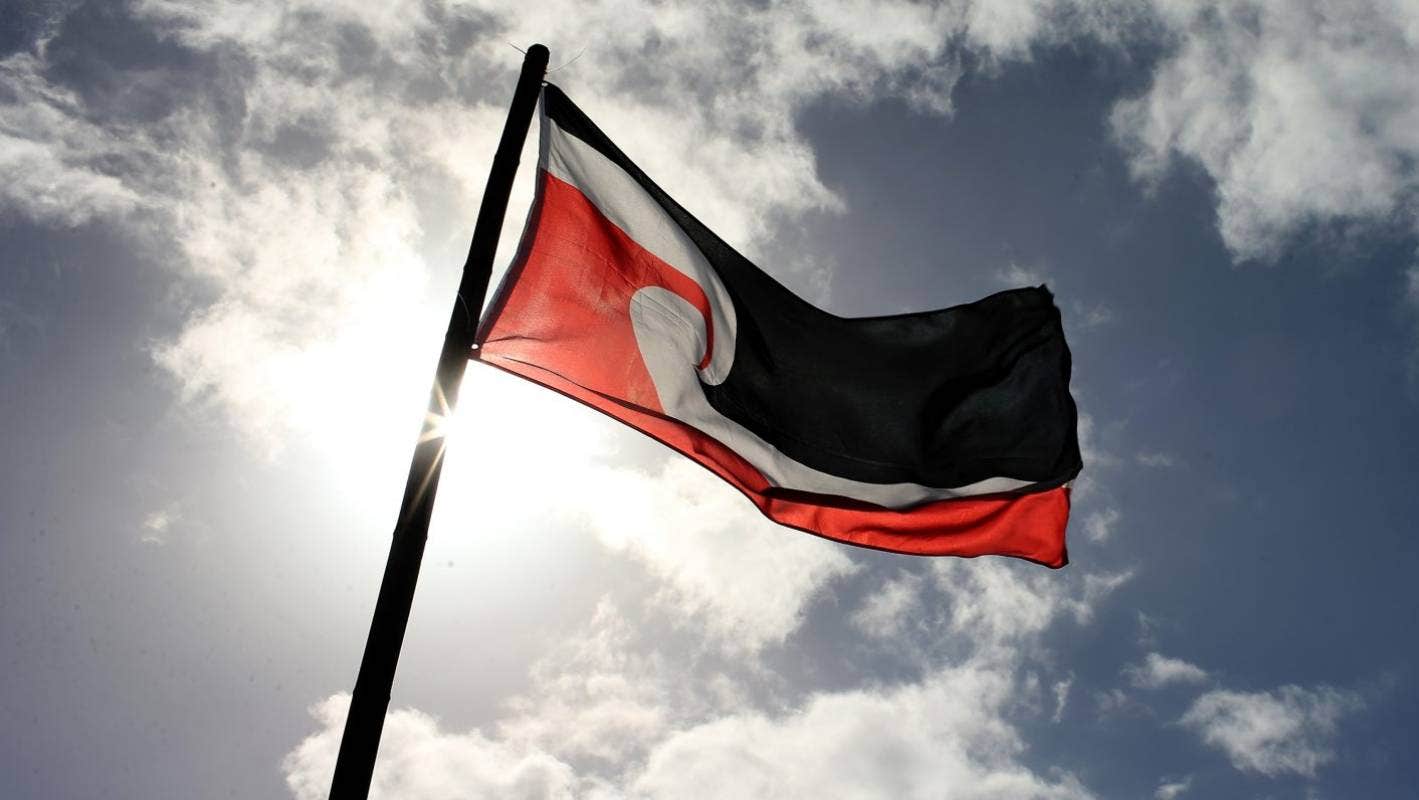By Jamie Tahana
,
23 December 2022

National Māori Flag (Tino Rangatiratanga) (photo credit: Getty Images)
The Crown overstepped its authority to govern for Northern Māori throughout the 19th century, the Waitangi Tribunal has found, which led to an erosion of rangatiratanga [(or self-determination)] that is widely felt today. It has recommended the Crown enter discussions with Māori on the constitutional makeup of the country, to give effect to "Treaty rights" in the country's constitutional processes and institutions, though it acknowledged the conversations would be challenging. [...] The nearly 2000-page report, released on [23 December], details breaches between 1840 and 1900 it said caused "severe and lasting prejudice" for Northland whānau, hapū and iwi. [...] [T]he Tribunal found that [the New Zealand Constitution Act of 1852] did not allow for Māori representation in Parliament, despite Crown promises to protect Māori interests and independence. [...] The Tribunal made several recommendations, among them that the Crown acknowledge the Treaty agreement it entered into and apologise for its breaches. It also recommended that all Crown-owned land be returned to Te Raki Māori, as well as a range of other redress. But significantly, it recommended the Crown enter discussions to determine appropriate constitutional processes and institutions at the national, iwi, and hapū levels to recognise, respect, and give effect to "Treaty rights," rather than principles.
Read the full article here:
Radio New Zealand
